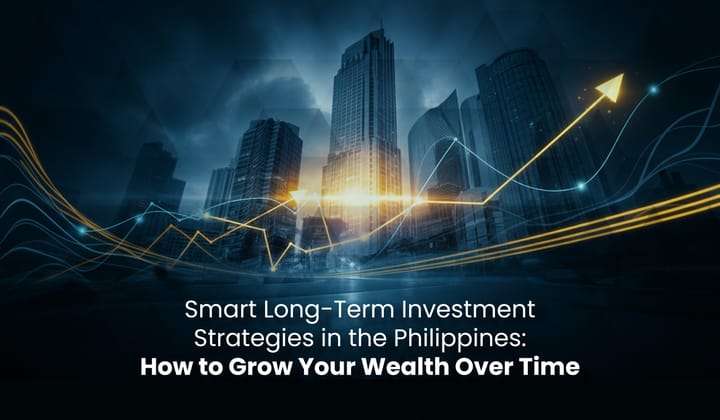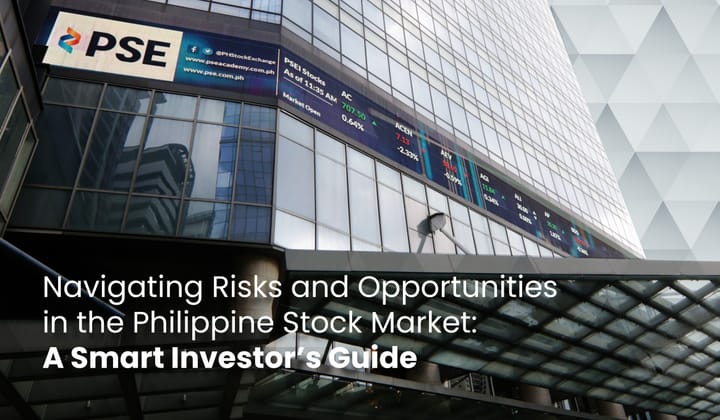FOMO and the Stock Market: How to Keep Emotions in Check
Fear of Missing Out (FOMO) is a common emotional trigger that can lead investors to make impulsive decisions in the stock market. It’s that unsettling feeling when you see a stock soaring and think, "If I don’t act now, I’ll miss out."

What Is FOMO in Investing?

Fear of Missing Out (FOMO) is a common emotional trigger that can lead investors to make impulsive decisions in the stock market. It’s that unsettling feeling when you see a stock soaring and think, "If I don’t act now, I’ll miss out."
Social media, financial news, and market chatter often amplify FOMO, encouraging investors to jump into trades without proper research. While it might seem like an opportunity, emotional investing can derail your long-term financial goals.
Why FOMO Can Be Costly

When FOMO takes over, rational decision-making is replaced by emotional reactions. This often results in:
- Buying at Unsustainable Highs – Stocks driven by hype often experience sharp declines once excitement fades.
- Neglecting Fundamentals – Focusing on buzz instead of a company’s actual performance can lead to poor investments.
- Increased Volatility Exposure – Impulse-driven trades often involve speculative or volatile stocks.
- Short-Term Thinking – Emotional investors may ignore their long-term goals in pursuit of quick gains.
The reality? Markets are cyclical. Today’s “can’t-miss” stock could be tomorrow’s cautionary tale.
How to Overcome FOMO in the Stock Market

1. Define Your Investment Strategy
A well-defined strategy acts as your financial compass. Whether you’re focusing on blue-chip stocks, growth opportunities, or dividend-paying investments, clarity minimizes emotional decision-making. Set clear entry and exit points to stay aligned with your goals.
2. Prioritize Research Over Hype
Not every trending stock is a winning opportunity. Evaluate companies using key financial indicators like P/E ratios, earnings reports, and sector performance. Understanding the business behind the stock is critical to making informed decisions.
3. Establish Risk Management Rules
Protect your capital with strategies like stop-loss orders and portfolio diversification. These safeguards help you minimize losses and maintain financial stability, even when markets turn volatile.
4. Control Emotional Biases
Herd mentality is often driven by fear and greed. Recognize when your investment decisions are being influenced by market noise. Staying objective in the face of volatility is a hallmark of seasoned investors.
5. Stay Committed to Long-Term Growth
True wealth is built over time. Instead of reacting to short-term movements, consider the value of compounding returns and disciplined investing. History shows that long-term investors often outperform those who chase fleeting trends.
6. Limit Social Media Influence
While financial influencers and viral stock tips may seem credible, they often lack context. Be selective about your information sources and rely on credible financial platforms for market insights.
7. Learn from Every Decision
Every investment decision, good or bad, offers valuable lessons. Reflecting on past trades can help you identify emotional patterns and strengthen your financial discipline.
Invest Smarter with SBX

FOMO may tempt you to follow the crowd, but true confidence comes from knowledge and strategy. At SBX, we empower investors with the tools and insights needed to make informed choices.
Ready to invest with clarity and purpose?



